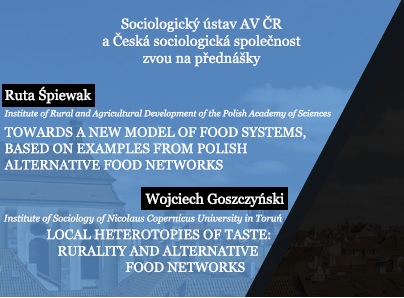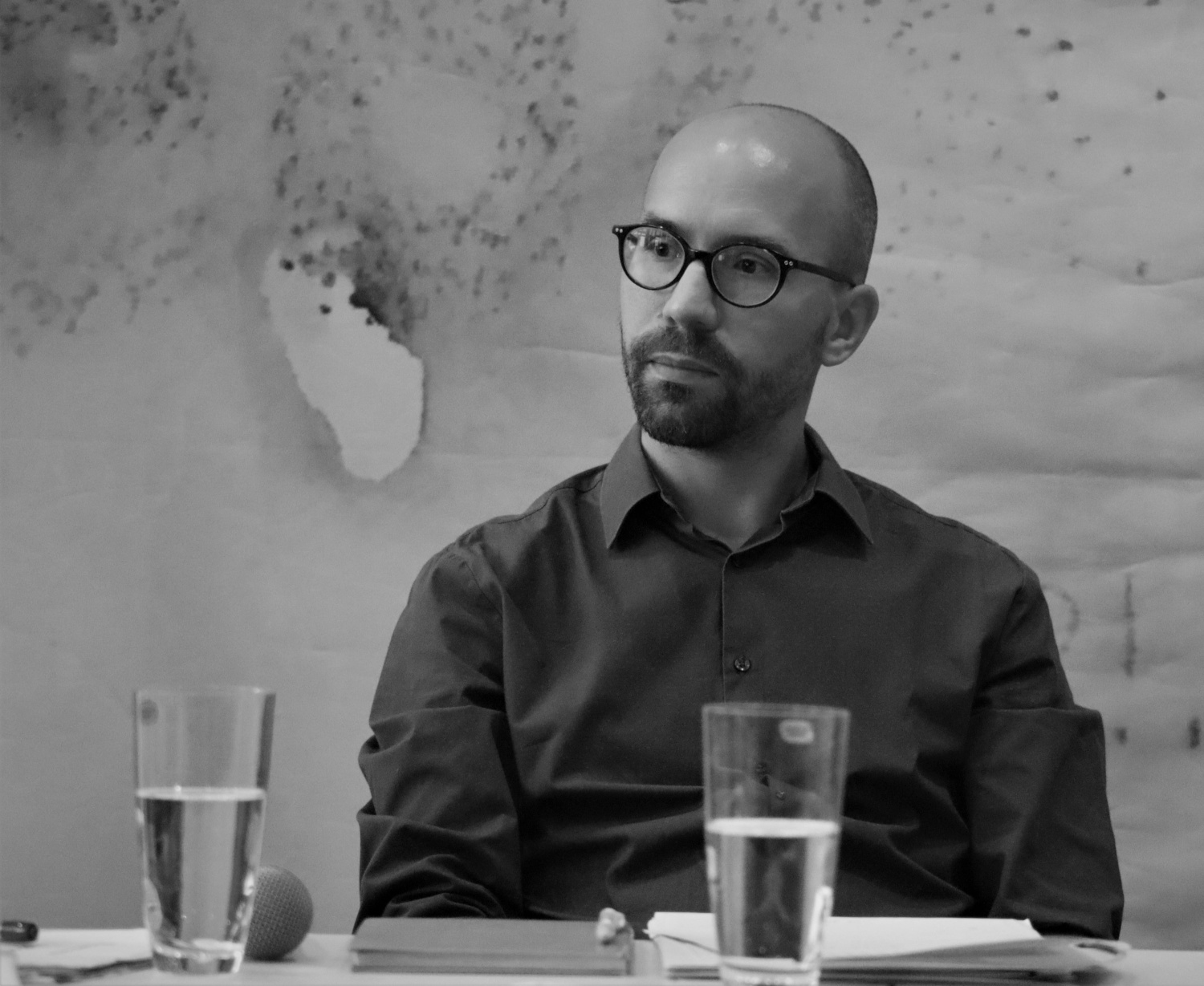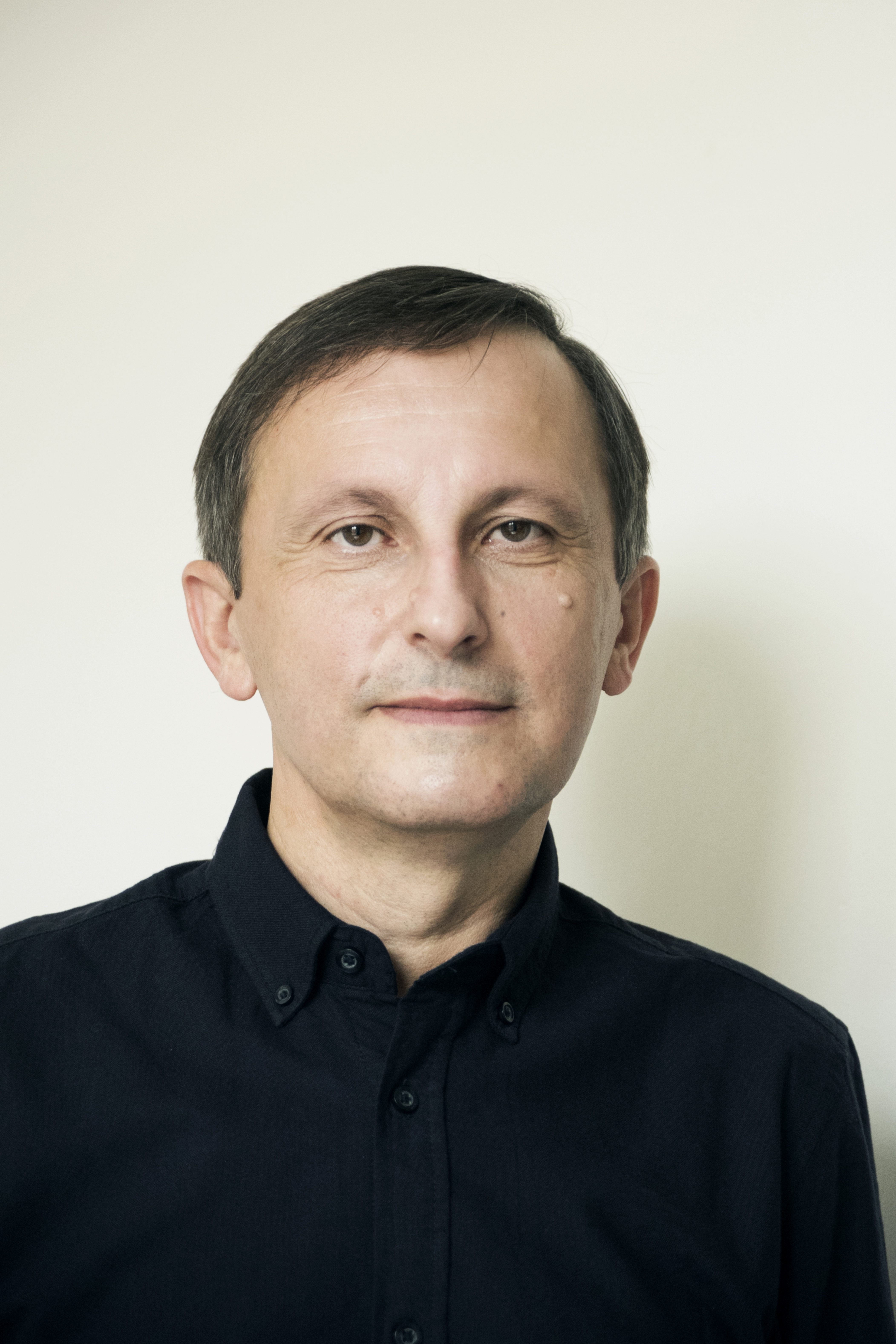
Ruta Śpiewak
Towards a new model of food systems, based on examples from Polish Alterative Food Networks
While the industrial food system (IFS) positions food as a commodity that may be exploited for private profit while feeding wide populace, Alternative Food Networks (AFNs) can be considered as a form of collective action aiming to change the dominant food system and reconceive food as a public good, or commons. The common feature of these diversified arrangements of food distribution is that they reconnect consumers and food producers more directly than the mainstream system, thereby creating both economic links and social bonds that constitute new social and organizational practices (Grivins 2017, Goszczyński 2021). Referring to empirical research and the methodology of institutional analysis of Elinor Ostrom, I raise the question of whether AFNs, operating in specific conditions of Central and Eastern Europe, create a response to the weaknesses of dominant food system through the change of the food paradigm by shifting the perception of food from commodity to commons. Based on an in-depth research of six AFNs in Poland, I analyse the extent to which, at the level of goals and practices, AFNs perform activities aimed at transforming the food system. I will also consider the issue of how the specific context of Central and Eastern Europe shapes diverse dimensions of these networks.
Ruta Śpiewak holds PhD in social science. She works in the Institute of Rural and Agricultural Development of the Polish Academy of Sciences. In the past her research focused on rural development after EU accession. Later on, her research interest re-oriented towards the analysis of sustainable food systems and their role in rural change. At the moment, she is researching broadly defined Alternative Food Networks. She is a regular scholarship holder including the recent membership in Ostrom Workshop at Indiana University, USA. She is the co-author of Sustainable Food Report commissioned by the Scientific Advice Mechanism. She is an active member of one of Poland’s oldest food cooperatives.
Wojciech Goszczyński
Local heterotopies of taste: rurality and Alternative Food Networks
One of the central features of Alternative Food Networks is their local embeddedness. Food, people and institutions shape and are shaped by social, cultural and physical references to place. The notion of rurality plays a unique role in this process. On the one hand, the split between the countryside as the place of production and the city as the place where consumption patterns are defined is still enduring. This is manifested in the persistence of many forms of rural idylls in which urban consumers enact rural foodscape. On the other hand, entanglements of rurality and food can also lead to ‘heritage arenas’ (Grasseni 2016): processes of reconstruction and preservation of a certain kind of local uniqueness, identity and spirit of place. Food is an essential element of this process. It is not merely an indicator or mirror of social reality. Food is a semiotic device, taking part in producing social processes. By eating, producing, buying, immersing ourselves in discourses, actively engaging in alternatives, performing everyday invisible practices, having contact with objects and spaces, we become part of a complex network framed by the notion of rurality. Emerging social realities can both connect and separate, accelerate and petrify actors in the network. This can produce unexpected outcomes. As an example, the combination of food and rurality can be both an element of the folk turn, a populist movement in search of national identities and connected to the ‘Global Brooklyn’ (Halawa, & Parasecoli 2021), the glocal model of middle-class consumption. The presentation will focus on associations and consequences of the entanglements of rurality and alternative food movements in Poland.
Wojciech Goszczyński holds PhD in social science. He works at the Institute of Sociology of Nicolaus Copernicus University, Toruń. A radically inconsistent and inconsistently radical sociologist. A shy lover of intellectual, spatial and cultural peripherality. At the moment, he focuses on the study of alternative food networks, the construction of rurality, the specificity of Central and Eastern Europe, and engaged currents in sociology. Principal investigator of national and international research projects. Additionally a trainer, animator and talking head working with organizations such as Polish Humanitarian Action, Rural Forum, Partnership for Environment Foundation, Open Door Association and Local Action Group Podgrodzie Toruńskie.
Scientists
Attached Files
- sou_prednaska_2020_05_02_letak.pdf (pdf, 634.34 KB)

